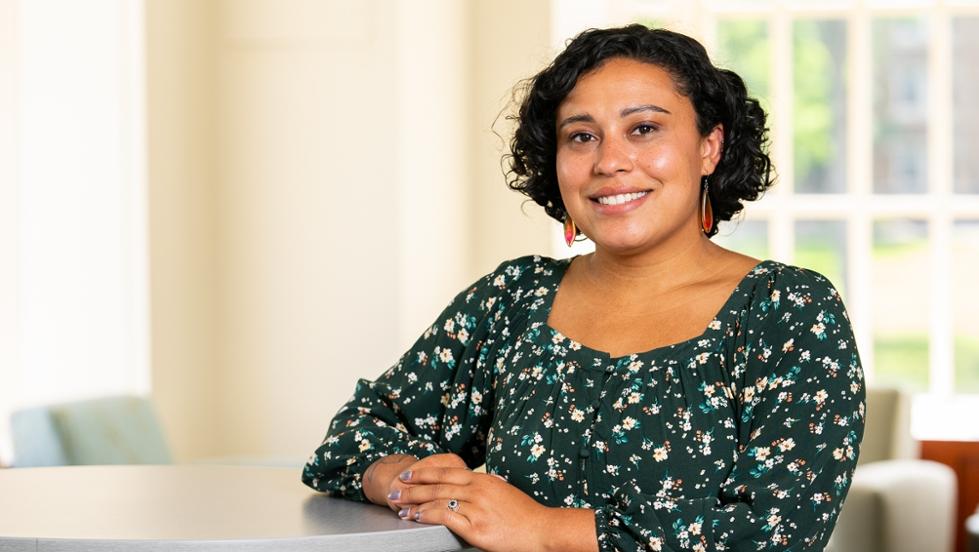
Q: What is the best advice for a student just getting started thinking about a career in a health profession?
A: When students think they might be interested in health, the first thing I tell them is to try to get connected with somebody who actually works in the field. The has amazing connections to the alumni network and great resources to connect students with people in their prospective field. I think it’s also great to utilize the Career Center to just learn what else is out there. And then, come talk to me, and we can have a conversation about what the next steps are to get you to the place you want to be.
Q: What is the advantage of having a liberal arts foundation before heading to a career in a health profession?
A: I think the value in a liberal arts education, as opposed to a more technical one, is that you get to learn about things that aren’t directly related to healthcare. What you learn will have an impact on the type of provider you become. If you think about the diversity of your courses and the diversity of thought they produce, there’s really no comparison to a strict technical or science program where everyone is doing the same thing and thinking the same way. You get to experience college at a more holistic level. That breadth of education is what will make you a great healthcare provider.
Q: What is your previous experience with health-related fields and/or advising?
A: I have a master’s in public health. I was in the health field for a little, working at a nonprofit and doing some internships with community work as well. I even did research in healthcare fields during my own studies. But now, I’ve been in higher education for five years. Before 51ΑΤΖζ, I was working at Colgate University as a general career advisor. I focused on students who had an interest in health and wellness, but I wasn’t necessarily going as in-depth with them as I wanted to. I saw this position at 51ΑΤΖζ as the natural next step in my career, and I’m excited to build this program and support students in a lot of different ways.
Q: How do you plan to help students interested in health professions?
A: One of my goals in my work is to get to know the people that I work with more than the thing that they’re interested in. So, making sure that they’re taking the right steps for them specifically and not just checking off boxes because they think that they should do certain things. I think getting to know pre-health students on a deeper level will allow me to build an effective support system. Sometimes, that support will be me having the knowledge to answer questions. Other times, it will be me strategizing with the student to create a plan and help them get where they want to be.


